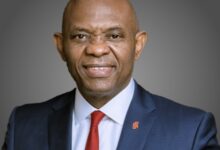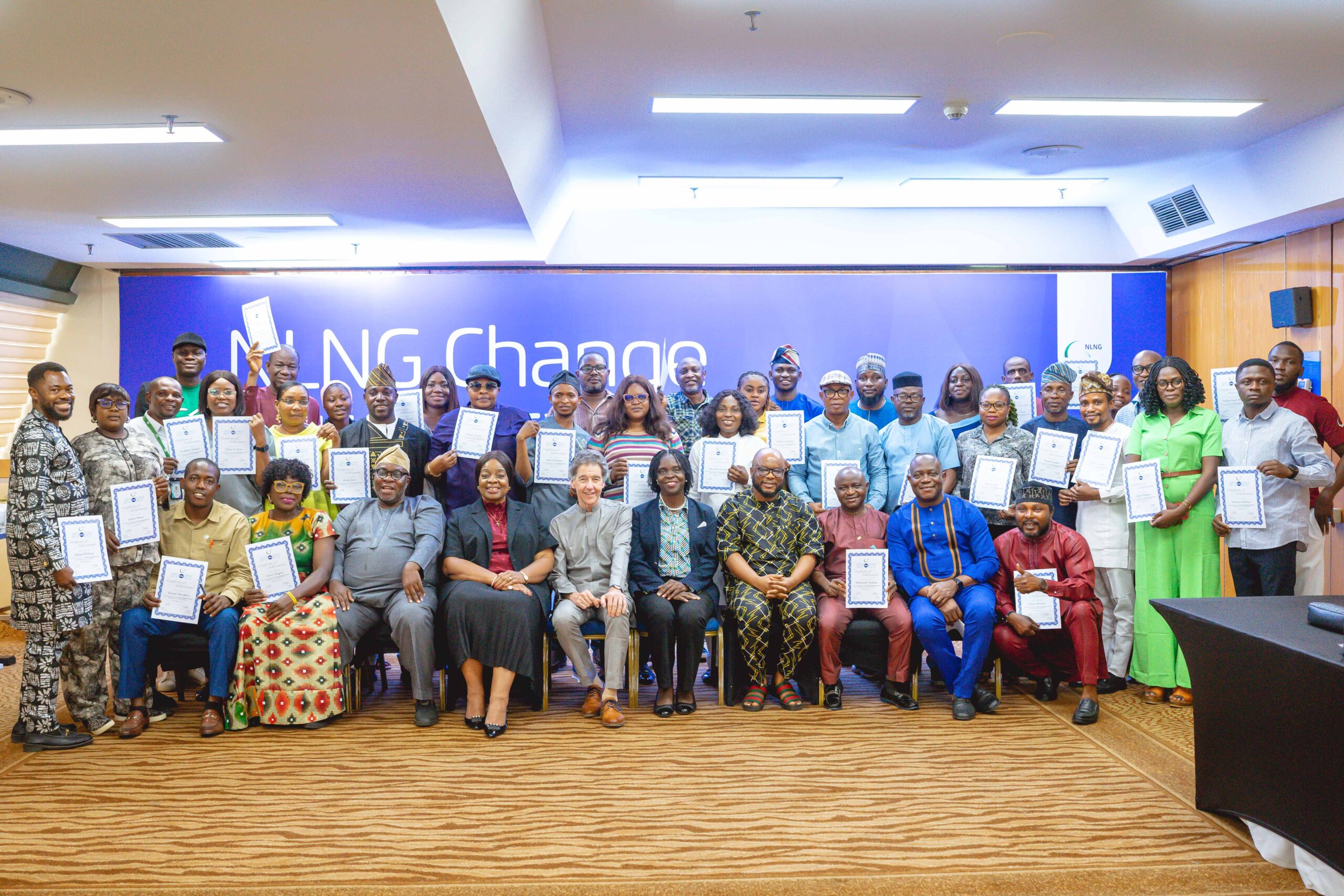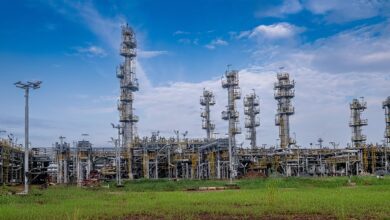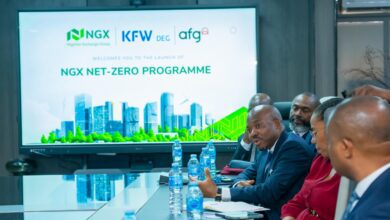Experts Brainstorm On Solutions To Energy Transition Challenges In Nigeria

Energy professionals, stakeholders converged on Abuja to brainstorm on the challenges militating against energy transition in the country.
The experts were brought together by the Nigerian Association for Energy Economics (NAEE), at its 16th Annual International conference with the theme: “Energy Evolution, Transition, and Reform: Prospect for African Economies”.
They identified funding, technology, expertise/skills, and markets as four imminent challenges that the energy transition poses to the oil and gas industry in Africa, especially Nigeria, therefore, the Conference presents a unique opportunity to address them.
Declaring the Conference open, the Commission Chief Executive (CCE), Nigerian Upstream Petroleum Regulatory Commission (NUPRC), Engr. Gbenga Komolafe said, over the last two centuries, the world has witnessed the evolution of various energy sources, from traditional biomass to coal, oil and gas, hydropower, wind, solar, blue hydrogen, and other renewables. “However, today, oil and gas has remained the most dominant source in the energy mix”.
Engr. Komolafe said, the global call for decarbonization and increased focus on cleaner energies has provided the avenue for Africa to diversify its portfolio while leveraging its abundant oil and gas resources for energy security and economic development.
He noted that oil and gas would continue to guarantee energy security for Nigeria’s massive population estimated to be two hundred million (200M).
He explicated that, “with a reserve base of 36.97 billion barrels of oil and 208.83 trillion cubic feet of gas which represents 33 percent of Africa’s total gas reserves of 620 tcf. Nigeria can be described as a gas-rich nation ranking number One in Africa in reserves with a Life Index of 94 years. This clearly presents Nigeria in a dominant position in the entire African gas market”.
The NUPRC boss added that, Nigeria has the potential to ensure a sustained supply of natural gas across the sub-Saharan region of Africa, if the necessary financing and infrastructure are in place.
He said, the Petroleum Industry Act, 2021 (PIA) has brought about significant reforms in the Nigerian petroleum industry.
“The Act has also engendered the much-desired reforms aimed at ensuring the rapid development and effective production of our gas resources by providing very attractive fiscal terms for investors. For instance, the Act provides for a lower royalty rate for domestic gas (2.5%).
“To operationalize the Act, the Commission has also developed key regulations and initiatives that will ensure accelerated gas exploration and development to deepen domestic use for industrialization and export opportunities for enhanced revenue generation”, he said.
The Chairman of the occasion said, the NAEE Conference over the years has brought to light the doggedness of the association in keeping with its objectives of providing a forum for the exchange of ideas, advancement of professional experience in Energy Economics; promoting the understanding of energy economics and energy-related issues and contribute to national conversations on energy issues globally and Nigeria in particular.
He recommended that the proceedings of the Conference be made available to the Government as input to policy formulations in the Energy and power sector as the new administration takes off to full throttle.
Speaking in his Keynote Address, the Secretary-General, African Petroleum Producers Organization, APPO, Dr. Omar Farouk questioned the campaign by the West for Africa and Nigeria to speedily end fossil fuels use rather than develop and perfect technology to make fossil fuels environmentally friendly.
Farouk who is also the Vice Chair, Africa,
The World Energy Council said, “it is interesting to note that these countries that have used fossil fuels to grow their economies have largely succeeded in moving their economies from relying on industrial manufacturing for their wealth creation, to reliance on services, the manufacture of knowledge, and Artificial Intelligence.
“These modes of wealth production do not require intensive energy use, like factories and industrial plants. On the other hand, Africa and other developing countries are now on the verge of industrialization and shall need a lot of energy to make that a reality.
“Lest we are misunderstood. APPO does not contest the science of climate change. Nor are we against energy transition. However, we want the champions of climate change to admit the fact that fossil fuel-induced climate change did not start in the last 50 years, nor did the knowledge of
the dangers that fossil fuel use poses to the atmosphere only came to light during this period.
“Our position at APPO is that measures and policies introduced to check climate change should not be uniformly imposed on all societies without regard to their special circumstances, like their levels of socio-economic development and energy poverty.
“To say that the global climate challenge is a universal challenge that requires the full commitment, contribution, and sacrifice of all and sundry is implicitly saying that we are all equally responsible for the mess that has been created by the few. But that is not true. Those responsible for creating the mess should take full responsibility for cleaning up the mess”, he said.
Also speaking, the Authority Chief Executive Officer, Nigerian Midstream and Downstream Petroleum Regulatory Authority (NMDPRA), Engr. Farouk Ahmed said, the discussion around a just and equitable energy transition was very much relatable to the African continent, considering that the continent has a negligible contribution to global CO2 emissions compared to the nations that are pressuring the continent towards a misaligned/disproportionate decarbonization energy transition programme.
Engr. Ahmed said, the African continent must ensure that it pursues only energy evolution and transition and reform strategies that would not sacrifice its economic growth, which is required for supporting the highest continental population growth rate. (Most of which are young persons).
He said, the PIA 2021 supports the strategic focus required for Energy sustainability needed in the future seeing that the provisions of PIA created adequate enabling regimes that allow for structured, transparent, and sustainable development of the oil and gas sector.
In her presentation, the President of NAEE, Professor Yinka Omorogbe said, Nigeria is barely in the 2nd and 4th industrial revolutions because of insufficient energy.
Prof. Omorogbe said, “Nigeria has no alternative to transition and that transition must include the supply of enough energy to power the Industrial Revolution that is needed to put us on the path of true economic and sustainable development”.
Earlier in his welcome address, the Executive Secretary of the Petroleum Technology Development Fund (PTDF), Dr. Bello Gusau disclosed the Fund’s plans to re-engineer programmes to meet future industry demands.
Ably represented by General Manager, Strategic Planning, PTDF, Mr. Jide Adebulehin, the PTDF boss said, human capital development was central to the energy transition, therefore, pledged the Fund’s continued support for the NAEE.
“We are not tired of partnering with you because there can’t be energy transition without human capital transition, and we are ready for that”, he said.






